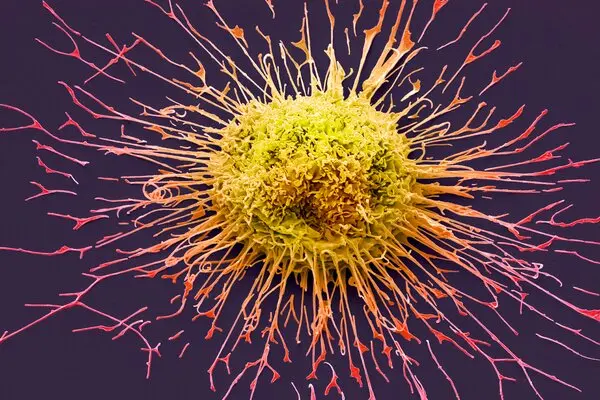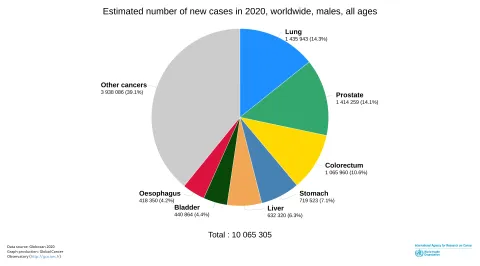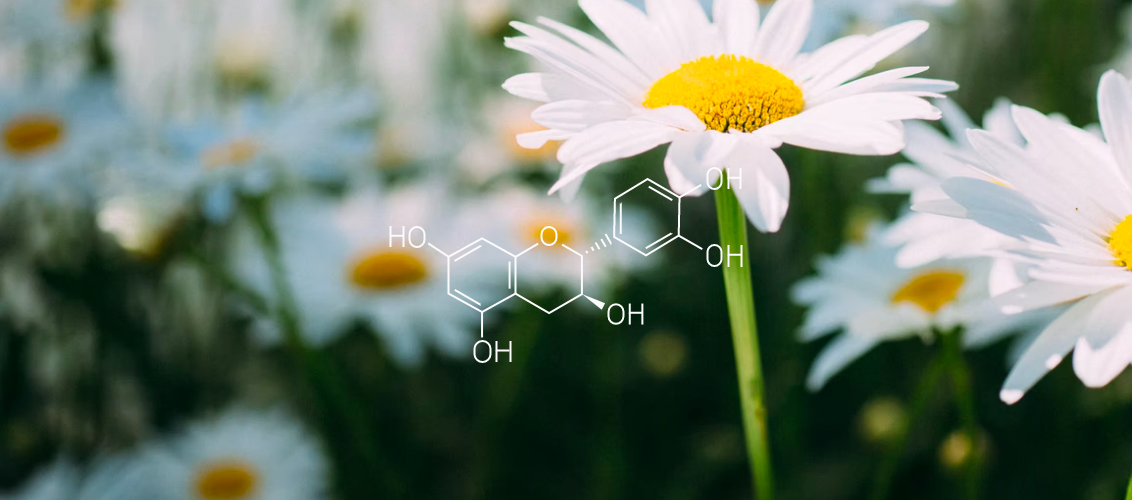Chamomile Tea
Chamomile Tea: A Soothing Cup of Cancer Prevention
Chamomile tea supports cancer prevention with powerful antioxidants. It also helps calm the nerves, relax the body, and tastes amazing. To see more articles like this, consider support our brand by buying your next cup of chamomile tea from Brook & Barrel Farms at brookandbarrel.com or by going to our shop page
INTRODUCTION
In a world where health-conscious choices are becoming increasingly prevalent, the search for natural ways to reduce the risk of chronic diseases, including cancer, has gained momentum.
Chamomile tea, a popular herbal infusion renowned for its calming properties, has garnered attention not only for its relaxation benefits but also for its potential to contribute to cancer risk reduction.
Recent research suggests that chamomile tea might hold more than just comfort in a cup—it might offer protective effects against the development of certain types of cancer. Let’s delve into the science behind this intriguing possibility.

Chamomile Tea: An Ancient Remedy
Chamomile, a daisy-like flower belonging to the Asteraceae family, has been used for centuries in traditional medicine across various cultures. The two most common types of chamomile used for brewing tea are German chamomile (Matricaria chamomilla) and Roman chamomile (Chamaemelum nobile).
The tea is prepared by steeping the dried flowers in hot water, releasing its essential oils and phytochemicals that give rise to its potential health benefits.
Antioxidants and Anti-Inflammatory Properties
Chamomile tea is renowned for its rich content of antioxidants, particularly flavonoids and terpenoids. These bioactive compounds help combat oxidative stress in the body by neutralizing harmful free radicals, which are associated with the development of chronic diseases, including cancer.
Additionally, chamomile’s anti-inflammatory properties are believed to play a role in cancer risk reduction. Chronic inflammation can contribute to the initiation and progression of cancer, making chamomile’s anti-inflammatory effects a promising avenue for cancer prevention.
Cancer-Fighting Potential
Research into the potential cancer-fighting properties of chamomile tea is still in its early stages, but the findings thus far are intriguing. Studies have indicated that the bioactive compounds in chamomile may interfere with various cellular processes that contribute to cancer development:
-
Apoptosis Induction: Chamomile extracts have demonstrated the ability to trigger apoptosis, a programmed cell death that helps remove damaged or abnormal cells from the body. This process is essential in preventing the uncontrolled growth that characterizes cancer.
-
Anti-Proliferative Effects: Certain compounds in chamomile tea have shown the ability to inhibit the growth and division of cancer cells, thereby impeding tumor progression.
-
Angiogenesis Inhibition: Chamomile’s phytochemicals may help inhibit angiogenesis, the process through which new blood vessels form to supply tumors with nutrients and oxygen, a crucial step in tumor growth.
-
DNA Repair Enhancement: Chamomile tea’s components may aid in DNA repair processes, minimizing the potential for DNA mutations that can lead to cancer initiation.
Specific Cancers and Chamomile
Research has primarily focused on the association between chamomile tea consumption and a reduced risk of certain cancers. While more extensive studies are needed, the following types of cancer have shown some promising links:
-
Skin Cancer: Chamomile extracts have been studied for their potential to prevent and treat skin cancer, particularly by protecting against the harmful effects of ultraviolet (UV) radiation.
-
Digestive Cancers: Chamomile’s anti-inflammatory properties may contribute to a decreased risk of digestive tract cancers, including esophageal, stomach, and colorectal cancers.
Conclusion
Chamomile tea, a soothing and aromatic beverage enjoyed for its calming effects, might offer more than just relaxation.
While it’s essential to remember that no single food or beverage can guarantee protection against cancer, emerging research suggests that chamomile tea’s antioxidants, anti-inflammatory properties, and potential to influence cellular processes associated with cancer development make it an intriguing candidate for cancer risk reduction.
As studies continue to unfold, embracing a holistic approach to health, which includes a balanced diet, regular physical activity, and stress management, remains the cornerstone of comprehensive cancer prevention. So, the next time you sip on a cup of chamomile tea, relish in its potential health benefits while appreciating the comforting ritual it brings to your day.





